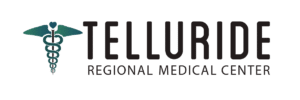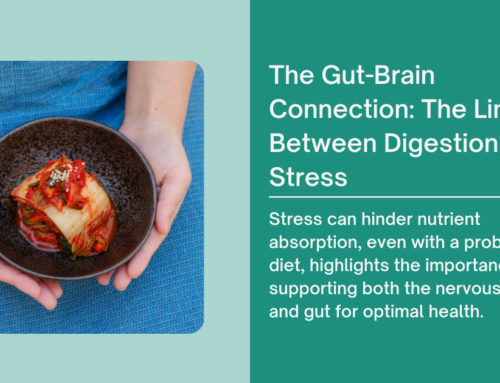Trying to reach the Telluride Regional Medical Center by phone?
During times of high call volume, the best way to communicate with primary care providers, or to request an appointment, is to use the Patient Portal. Staff will follow up with requests by phone call to schedule those appointments and providers can respond directly during administrative breaks throughout the day.
For immediate release:
With the more contagious Delta variant now widespread, new Covid-19 infections reported among staff at the Telluride Regional Medical Center reflect the prevalence Covid-19 in the region, the strength of the vaccine to protect from serious infection and the challenges presented by the medical center’s inadequate facility, according to local health officials.
[Read the latest San Miguel County Department of Public Health’s news here].
At present, seven staff members at the clinic have tested positive for COVID-19 over the past six days. The San Miguel Department of Public Health has notified all close contacts and according to both local public health officials and the epidemiology team from the Colorado Department of Public Health, there are no increased significant risks posed to patients of the medical center.
All seven staff members are fully vaccinated, three are experiencing mild symptoms and all are isolated at home. Standard protocol for COVID-19 positive staff includes a 10-day isolation before returning to work.
Unvaccinated patients remain the greatest concern for staff and providers at the Telluride Regional Medical Center.
To schedule a COVID-19 vaccine, visit the San Miguel County Department of Public Health site here.
Patients who are not vaccinated or who have concerns are being accommodated by the medical center staff with a number of options including telehealth visits and drive-through non-Covid vaccinations for children.
With nearly 98 percent of the staff at the clinic fully vaccinated for Covid-19, Dr. Christine Mahoney, director of primary care, is reminding patients that the vaccine continues to be highly protective against serious illness, hospitalization and death.
“This is not the crisis it would have been just six months ago, before vaccines. That being said, with the prevalence of the Delta variant, and obvious community spread, we each need to reevaluate and adjust our habits,” said Dr. Mahoney.
Effective September 1, the San Miguel Department of Public Health instituted an indoor mask guideline aimed to limit the transmission of COVID-19.
The Delta variant, according to the Centers for Disease Control and Prevention (CDC), is twice as contagious as previous variants. And, as Director of Emergency and Trauma Services Dr. Diana Koelliker, points out, the current medical facility — which is at least 10,000 square feet smaller than it should be, based on current demands and health and codes — creates additional challenges.
“We have limited space, which makes physical distancing at work challenging. Our need for a new facility has never been more glaring,” she said.
To make due, staff at the Telluride Regional Medical Center utilize the nearby Depot building to see patients with respiratory symptoms and have modified protocols to include the mandatory use of higher filtration masks at all times.
The influx of Covid-19 cases is impacting the clinic’s ability to keep up with patient call volume. The medical center is recommending patients communicate with primary care providers through Patient Portal. Patients can also use the portal to request an appointment. Staff will follow up with requests by phone call to schedule those appointments and providers can respond directly during administrative breaks throughout the day.
Something everyone should understand, according to both Dr. Mahoney and Dr. Koelliker is, that any COVID-19 symptoms — fever, chills, cough, congestion, runny nose, shortness of breath, sore throat, nausea, vomiting, diarrhea, headache, fatigue, muscle/body aches, or loss of taste or smell — should warrant an immediate Covid-19 test.
Testing locations and times here. “Please note that vaccinated individuals are more likely to experience mild symptoms, if any at all, so please have a low threshold to get tested,” said Dr. Koelliker.
Dial 911 or go directly to the Emergency Department if you experience any high-risk COVID-19 symptoms which include: trouble breathing, chest pain, confusion, inability to stay awake, or pale, blue or gray skin, lips and fingertips.
“So long as we don’t have national herd immunity, we will continue to be challenged by this virus. Do what you can to limit your exposure and help protect yourself and others by getting vaccinated and wearing a mask in public,” said Dr. Mahoney.
###







